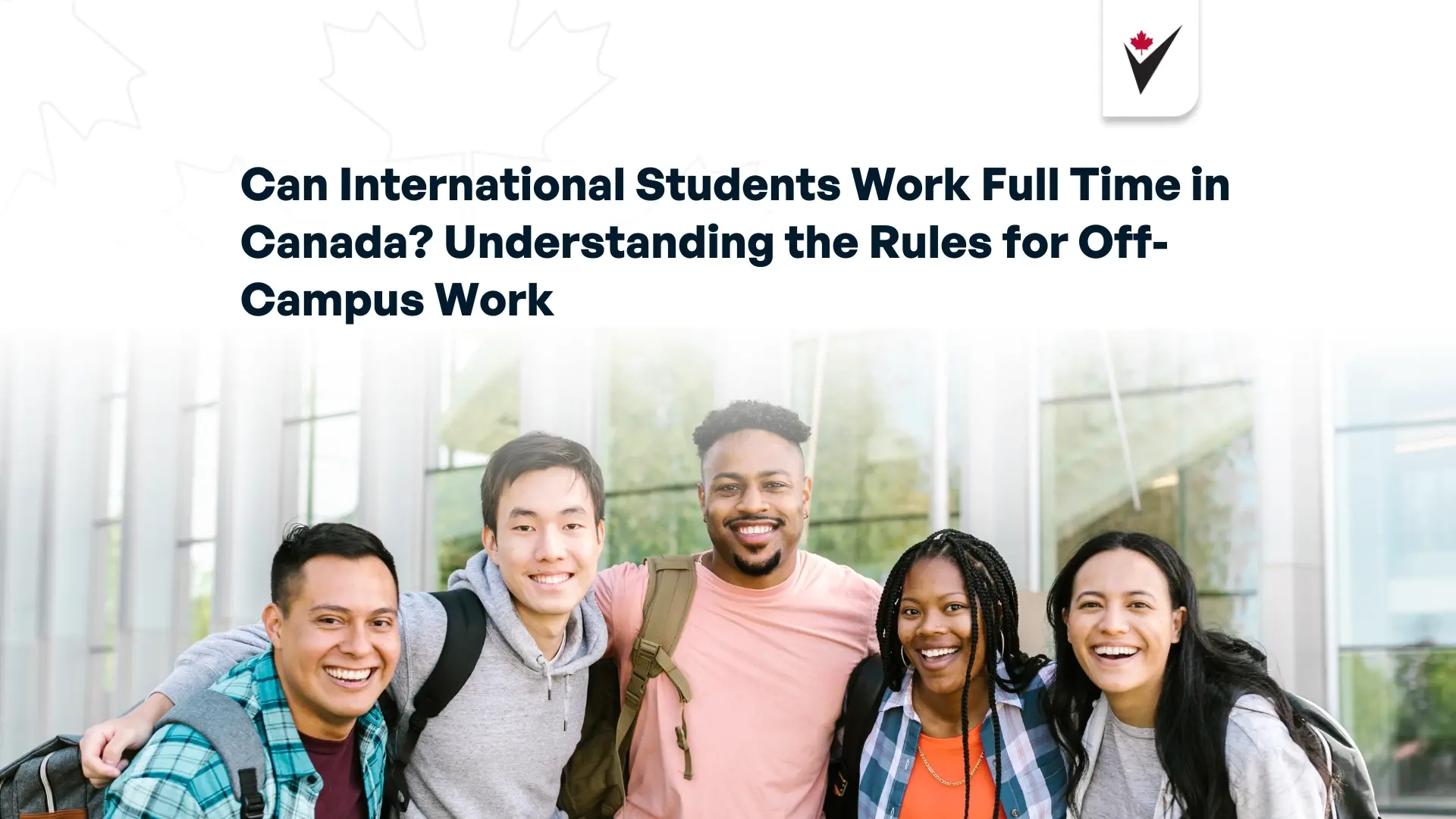- Study
- Types of Educational Institutions
Types of Institutions
Types of Educational Institutions
Students from around the world are drawn to Canada for their post-secondary studies, and it's crucial to comprehend the various types of programs available. Embarking on an educational journey in Canada means navigating a variety of programs tailored to diverse student needs. Explore the possibilities offered by Canadian institutions:
University
Is a higher education institution that offers a wide range of undergraduate and graduate degree programs across various disciplines. Universities in Canada are typically research-oriented and emphasize theoretical knowledge and academic research.
- Universities grant degrees such as Bachelor's, Master's, and Doctorate.
- They often have a strong focus on academic research and may have extensive research facilities.
- Faculty members are usually involved in research activities alongside teaching.
Public universities are funded by the government, and their operations are supported by public funds. They often have larger campuses, a diverse student population, and a wide range of academic programs.
Private universities operate independently and are not funded by the government. They rely on tuition fees, donations, and private sources of funding. They may have smaller student populations, smaller class sizes, and may offer specialized programs.
College
Is an institution that provides practical, hands-on training and education in specific career-oriented fields. Colleges focus on preparing students for the workforce with applied skills and training.
- Colleges offer diploma and certificate programs, which are typically shorter in duration compared to university degrees.
- The curriculum is designed to be practical and industry-focused, often including internships or co-op programs.
- Colleges may have a strong emphasis on developing skills relevant to specific professions.
Public colleges are funded by the government and offer a variety of practical programs, often in collaboration with industry partners. They emphasize applied learning, hands-on experience, and may have connections with local industries for job placement.
Private colleges are independent institutions that provide career-focused education, similar to public colleges but may offer more specialized or niche programs. They may offer more personalized attention, specific industry connections, and unique program options.
Language School
Offer language training programs for international students to improve their English or French language proficiency before entering degree or diploma programs, as well as for those seeking standalone language improvement courses. These programs aim to boost proficiency in English or French, offering a versatile range of options:
- General Language Courses: Providing comprehensive language skills for everyday communication.
- Specialized Language Training: Tailored courses focusing on specific language aspects or industries.
- Language Proficiency Exam Preparation: Equipping individuals for exams such as IELTS, TOEFL, CELPIP, etc.
The duration of these language programs can vary, spanning from a few weeks to several months, depending on the specific focus and intensity of the program. Whether you are preparing for further education or simply aiming to enhance language skills, these programs offer a flexible and effective approach to language development.
Business School
Business schools, often part of universities or operating independently, focus on business education and offer programs in areas such as business administration, finance, marketing, and entrepreneurship. They provide a strong foundation in business principles and often have connections to the business community for networking and internship opportunities.

Regulated Canadian Immigration Consultants (RCIC-IRB)
Proudly regulated by and in good standing with the College of Immigration and Citizenship Consultants (CICC). Jamie Dowla, registration #: R507233.

Our Canadian Immigration Success Stories in the Words of Our Clients
Sheryl Salazar
From the initial consultation to the final approval, Cando Canadian Immigration Services demonstrated exceptional professionalism and expertise.
Drixine Clasicas
My husband and I had an absolutely AMAZING experience with CanDo Immigration! Their team went above and beyond to make the entire Work Permit process smooth and stress-free. They were incredibly knowledgeable, super responsive, and truly cared about our case.
Alexia Riley
Cando is the best option for all your immigration needs. I highly recommend them. They were very proficient and effective during my process, from the initial processing of my work permit to the acquisition of my Permanent Residency.
Momar Mundoc
Amazing service and I highly recommend CanDo Canadian Immigration Services.
April Condinato
I wanted to express my sincere gratitude for your unwavering support in helping me achieve my goal. Your guidance and encouragement were instrumental in my success, and I truly appreciate the positive impact you've had on my journey.
Mry Lrrn
To Cando Immigration Services, your expertise and dedication transformed what could have been a daunting process into a manageable and even enjoyable experience.
Aetherika
Jamie, Maria and Marta have been an exceptional team throughout my journey from newcomer to PR holder. I cannot stress enough how capable the entire Cando team is even working on a tricky and time sensitive case nobody else would touch.
Precious Joy Ramirez
Approachable staff, very attentive to queries and responds quickly.
Jose Asi (JAS)
I had a fantastic experience with Cando immigration consultant. Thank you Sir Jamie Dowla and his father Marshall & the whole team.
Roselyn Macion-Molina
Highly recommended! We applied for family of 3 and I must say that CANDO did an excellent job with our application.
Okeya Habib
They were with me on every step. And Gayle was amazing. One can rely on them blindly.
Fhel Dabu
I am delighted with the service, that we have received from Cando Team. I was not expecting this service of expertise and professionalism. The efficiency that we experience along the process. Attention to details and the passion to be of service.
Kaminski Krew
We cannot Thank Cando Family enough for all the Hard work they put into helping our Family with our Immigration to Finally our Citizenship! The Professionalism and Patience shown in helping us along the way (multi Nationality Family) has been Key.
Charisse Bagsic
I am very much satisfied with how everyone at Cando helped me in every step of my application. Jaime and his whole team has been very kind and professional, they guided me well through the process.
MT GS
Highly recommended! Cando did an amazing job throughout my application. I was hopeless with my Canadian dream, but when I started my application with cando, I put my 100% trust on them.
Learn About All of the Great Things
Canada Has to Offer!
Canadian Immigration News, Tips, and Resources

Can International Students Work Full Time in Canada? Understanding the Rules for Off-Campus Work
Studying in Canada opens doors to world-class education, exciting career opportunities, and a vibrant multicultural experience. For many international students, working while studying is a crucial
read more
How to Get Permanent Residency in Canada After Study: Pathways for International Graduates
For many international students, studying in Canada is the first step toward building a life in one of the most welcoming and diverse countries in the world. From high-quality education to strong job
read more
What is LMIA in Canada: An Overview for Canadian Employers
If you're a Canadian employer planning to hire a foreign worker, you'll need to navigate the Labour Market Impact Assessment (LMIA) process. This crucial step helps ensure that hiring a foreign
read moreFind Your Licensed Immigration Consultant
Wherever You Are Located
We assist clients across Canada and internationally. See the countries below to find your regulated Canadian immigration consultant.


